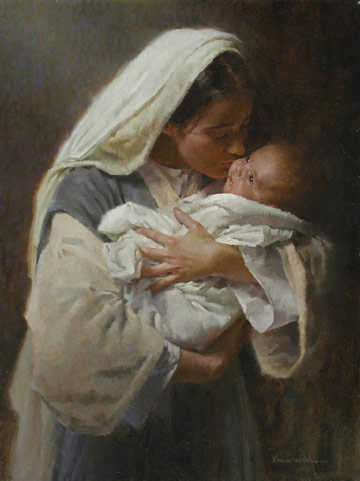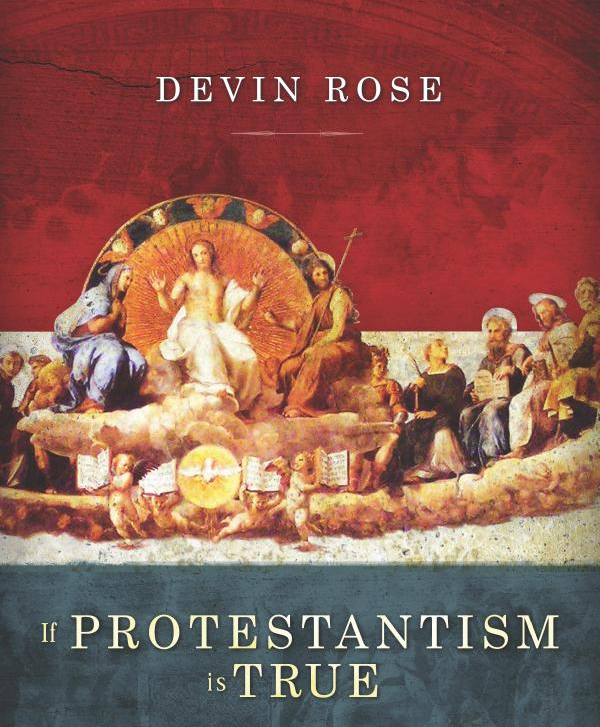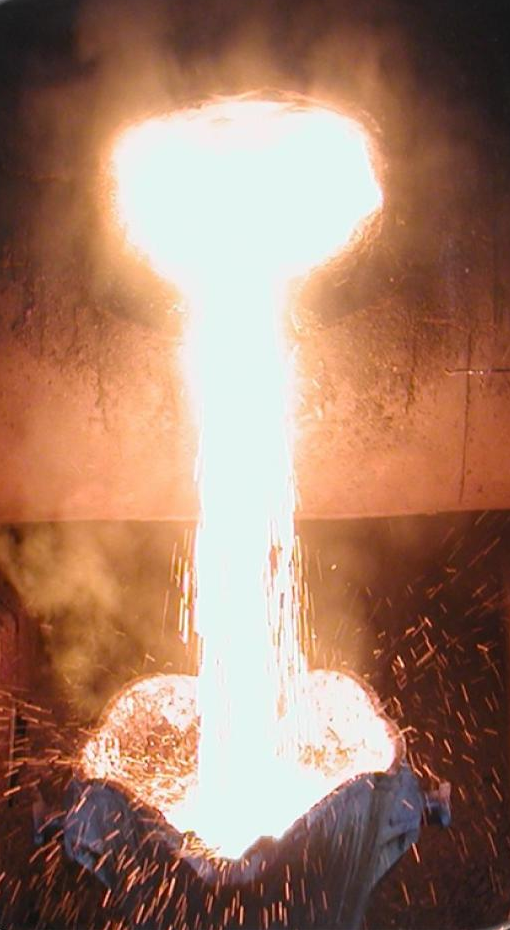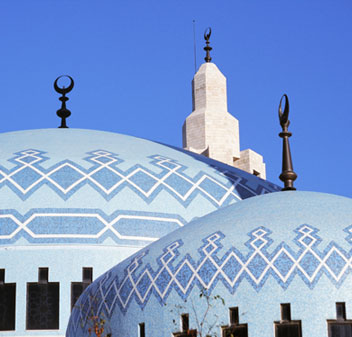There’s something about Mary… (Part 1 of 3)
 A few days ago I had a comment appear on my old blog by someone named Kelley. This comment was on the post I wrote some time ago in which I spoke of Mary as the Ark of the New Covenant. I have since transferred that comment over to this blog. Here’s what was said:
A few days ago I had a comment appear on my old blog by someone named Kelley. This comment was on the post I wrote some time ago in which I spoke of Mary as the Ark of the New Covenant. I have since transferred that comment over to this blog. Here’s what was said:
“‘My soul glorifies the Lord and my spirit rejoices in God my Savior.’ If Mary were sinless, why did she need a Savior? Wouldn’t she be lying?
Did she realize Romans 3:23 All have sinned and fall short of the glory of God? When she compared herself to the law of a holy God, had she realized she had formerly, lied, coveted, dishonored her parents by not always obeying them, etc. and like every single person needs a Savior? There are none good, no not one (Romans 3), except Jesus. 2 Corinthians 5:21 For He (God the Father) made Him (Jesus) who knew no sin to be sin for us that we might become the righteousness of God in Him. Also see Romans 11:6. Thank you Jesus, my Savior.”
In this post I’m going to address some of the points raised here…but let’s first begin with a joke to lighten the mood
Jesus came upon a small crowd who had surrounded a young woman whom they believed to be an adulteress. They were preparing to stone her. Jesus said: “Whoever is without sin among you, let them cast the first stone.”
Suddenly a rock came whistling past from the back of the crowd. Jesus turned and said: “Mother, you’re not helping! I’m trying to make a point here…”
Aren’t theology jokes brilliant?



 Today I’d like to look at one of the most misunderstood doctrines of the Catholic Faith: Purgatory.
Today I’d like to look at one of the most misunderstood doctrines of the Catholic Faith: Purgatory.